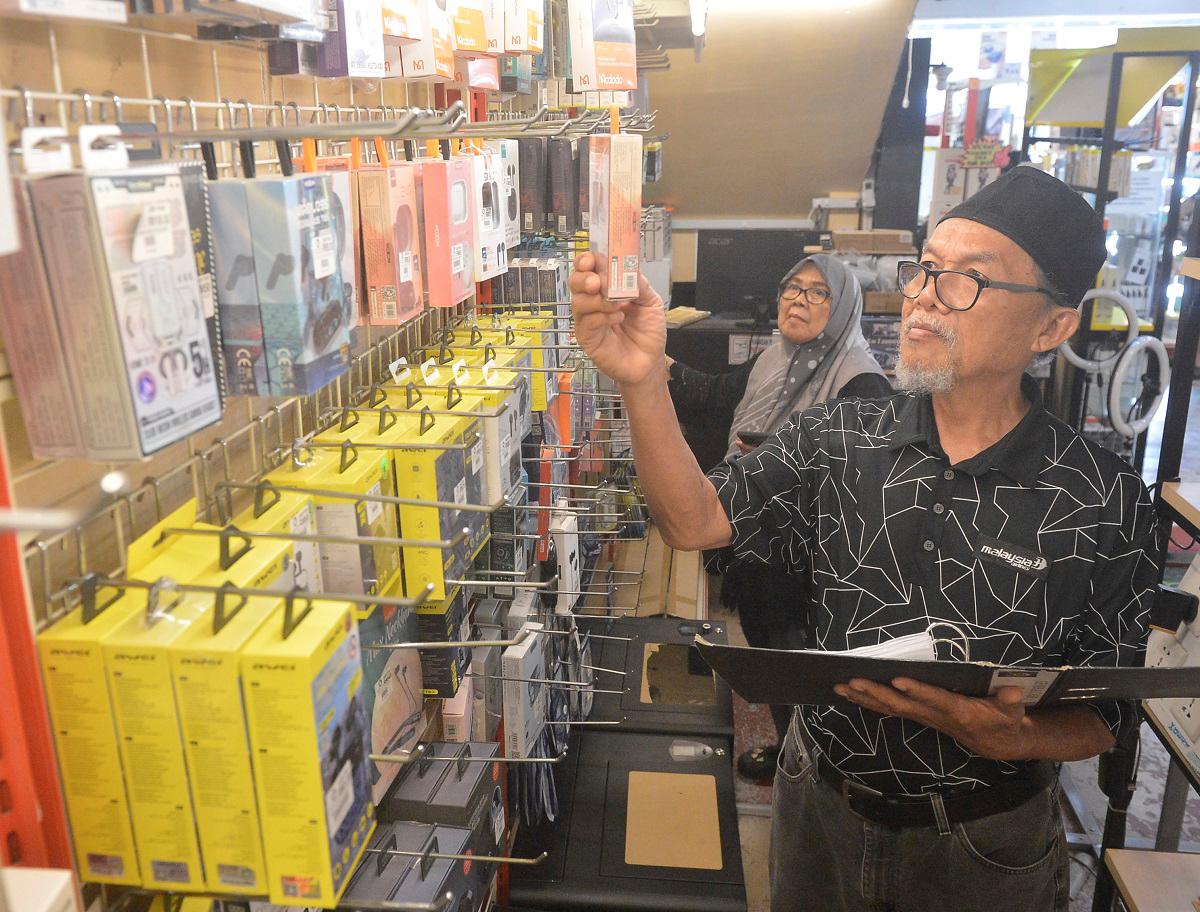PETALING JAYA: Malaysia could miss out on the untapped economic potential of its ageing population if it fails to act now by investing in skills training and creating age-friendly workplaces for those aged 45 and above.
The warning comes from Universiti Putra Malaysia’s Malaysian Research Institute on Ageing (MyAgeing) director, Assoc Prof Dr Rahimah Ibrahim, following a recent call by former Swedish prime minister Fredrik Reinfeldt for countries like Malaysia to consider raising the retirement age to 75 to ease pension pressures.
Closer to home, last month Law and Institutional Reform Minister Datuk Seri Azalina Othman Said suggested the government consider extending Malaysia’s retirement age to 65, noting that many Malaysians remain active, capable and energetic well into their 60s.
Malaysia last raised the retirement age in 2014 — to 60, from 58 in the public sector and 55 in the private sector.
However, Rahimah warned that Malaysia is not yet prepared to support adults working into their 70s.
She stressed that any changes to the retirement framework must be gradual and flexible, not abrupt.
“Working longer must be a choice backed by robust systems, not a necessity born out of financial desperation.
“Rather than fixating on a single retirement age, we should link pensionable age to gains in healthy life expectancy, and ensure early-exit options remain available, especially for physically demanding jobs.”
She said senior workers need adaptable, meaningful roles and the right support to stay healthy and productive.
While Sweden has successfully kept senior adults in the workforce, Rahimah said that achievement came after decades of investment in near-universal pension coverage, retraining programmes, and inclusive labour policies – elements that Malaysia currently lacks.
“In Sweden, over 80% of those aged 55 to 64 are still working. In Malaysia, it’s just under 50%.
“More than half of senior Malaysian workers are in informal employment, with no social protection, limited upskilling and little ergonomic support.”
She added that health is another limiting factor.
“According to the World Health Organisation, Malaysians aged 60 have an average of 18.5 healthy years remaining, compared with the 21 years in Sweden.
“We can’t expect people to work longer if their bodies are already exhausted. Health must be part of the retirement equation.”
Rahimah also flagged concerns about financial preparedness.
“Only 36% of active Employees Provident Fund (EPF) contributors reach the basic savings threshold of RM240,000 by age 55.
“The updated benchmark, based on the Belanjawanku model, is RM650,000 – roughly RM2,690 a month for 20 years. But most low-income workers fall short.
“A B40 household earning RM3,401 a month may retire with just RM180,000 – enough for only RM750 a month,” she said.
Rahimah argued that EPF savings alone are not enough, and called for a three-pillar model: personal savings, a universal pension floor and long-term care insurance.
Her colleague, senior research officer Chai Sen Tyng agreed and called for a unified retirement policy that ensures portability of savings across job sectors.
“Our system wasn’t built for longer lifespans.
“We need a national health financing model that supports people across the life course, from early screening to rehabilitation and community care.
“Our healthcare remains too hospital-centric, too expensive and often out of reach for older Malaysians.”
Chai added that healthy ageing should be viewed as an intergenerational investment, not just a senior citizen issue.
“We continue to work in silos. What we need is integrated thinking and coordinated reform.”
Former MyAgeing director and gerontology expert Datuk Dr Tengku Aizan Tengku Abdul Hamid echoed this, urging a fundamental rethink of how Malaysia perceives ageing.
“Let’s stop asking what older people cost and start asking what value we can unlock from healthy longevity.
“Malaysia has the capacity to lead in this space. What we lack is political will and imagination.”
Rather than raising the retirement age, she said Malaysia should prioritise reemployment opportunities and flexible work arrangements.
“Our institutions haven’t kept up with how people live and work today. It’s time we stop viewing senior adults as dependents and start seeing them as contributors,”
she said.









